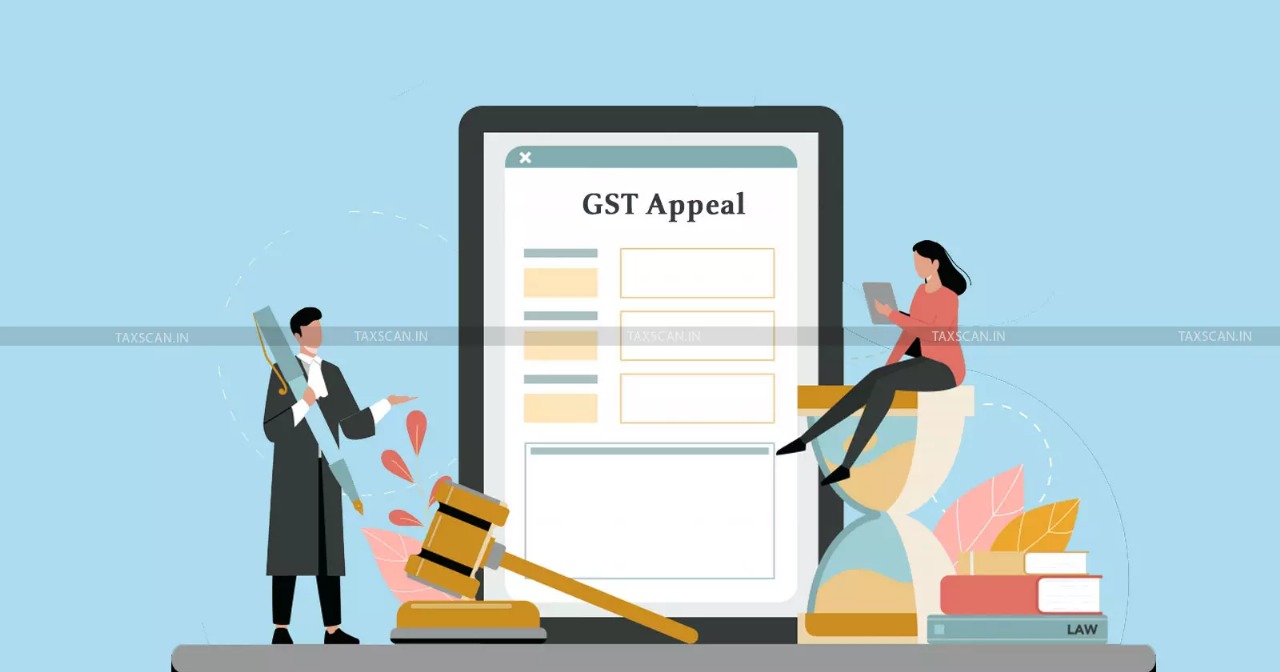Addition under Sales Act Based Solely on Sister Concern’s Higher Profit Unjustified Without Rule 18-C Enquiry: Madras HC [Read Order]
The court pointed out the assessing officer's complete lack of inquiry or consideration, and it concluded that the tribunal erred in automatically upholding the assessment without considering Rule 18-C compliance.
![Addition under Sales Act Based Solely on Sister Concern’s Higher Profit Unjustified Without Rule 18-C Enquiry: Madras HC [Read Order] Addition under Sales Act Based Solely on Sister Concern’s Higher Profit Unjustified Without Rule 18-C Enquiry: Madras HC [Read Order]](https://images.taxscan.in/h-upload/2025/06/24/2053923-gst-order-gst-madras-high-court-addition-sales-act-based-solely-sister-higher-profit-taxscan.webp)
The Madras High Court has ruled that an addition under the Tamil Nadu General Sales Tax ( NGST ) Act based solely on the higher gross profit of a sister concern is legally unsustainable unless the assessing authority conducts a proper enquiry in accordance with Rule 18-C of the TNGST Rules.
Tvl. Swarna Steels challenged an earlier order of the Sales Tax Appellate Tribunal. The Division Bench comprising Dr. Justice Anita Sumanth and Justice N. Senthilkumar found that the Appellate Tribunal had mechanically reproduced the findings of the inspection wing, without independent analysis or discussion of the specific facts relevant to the assessee’s case.
Step by Step Guide of Preparing Company Balance Sheet and Profit & Loss Account Click Here
 Also Read:GST Appeal filing Delayed by 58 Days due to Pendency in Rectification Application: Madras HC Grants Relief [Read Order]
Also Read:GST Appeal filing Delayed by 58 Days due to Pendency in Rectification Application: Madras HC Grants Relief [Read Order]
The Court drew reference to its own earlier decision dated 12.06.2013, involving the same assessee and identical issues. In that case, the Court had categorically held that under Section 12-A of the TNGST Act, an assessing officer is mandated to carry out an enquiry under Rule 18-C before invoking best judgment assessment. Simply relying on gross profit differentials, without more, does not justify an addition to turnover or tax liability.
Citing the 2013 judgment, the Bench reiterated that “the mere ground that the sister concern had charged higher gross profit by itself could not be a legal ground for making an addition.” It pointed out the assessing officer's complete lack of inquiry or consideration, and it concluded that the tribunal erred in automatically upholding the assessment without considering Rule 18-C compliance.
All-in-One Manual with Updated GST Laws & Provisions, Click here
 Also Read:Madras HC Upholds GST Exemption on Revenue Share for Duty-Free Shops at Airport as Zero-Rated Supply
Also Read:Madras HC Upholds GST Exemption on Revenue Share for Duty-Free Shops at Airport as Zero-Rated Supply
Three important questions of law were framed and answered in favour of the assessee, including whether the Tribunal failed in its duty as the final fact-finding authority by merely adopting the inspection wing's proposal, and whether it had correctly interpreted and applied Section 12-A and Rule 18-C.
Support our journalism by subscribing to Taxscan premium. Follow us on Telegram for quick updates


